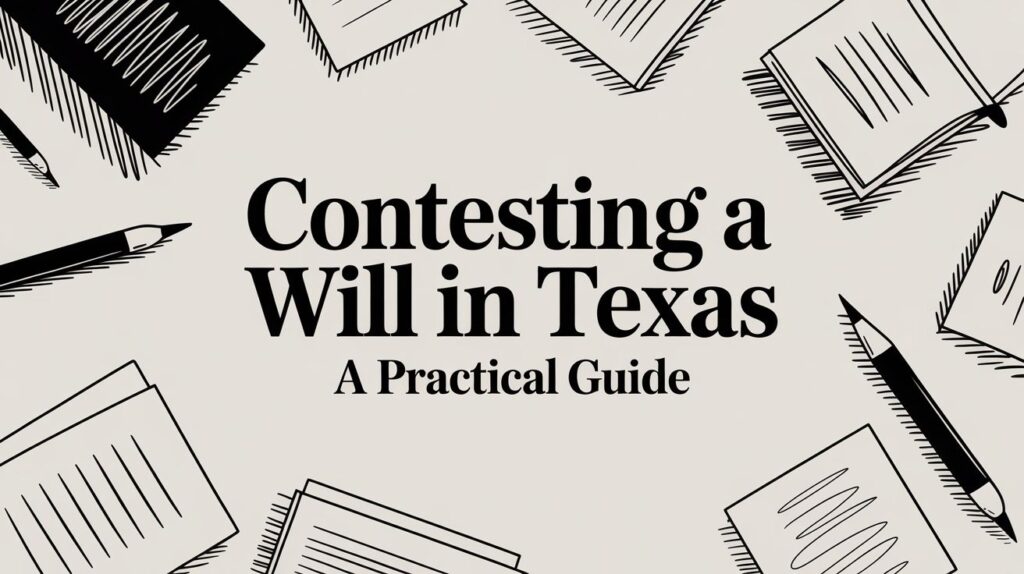Understanding the Grounds for Contesting a Will
Contesting a will typically involves challenging its validity based on specific legal grounds. Common reasons include lack of testamentary capacity, undue influence, fraud, or improper execution. Understanding these grounds is crucial for anyone considering a challenge to a will, as each reason has distinct legal implications and requirements.
For example, if a testator was not of sound mind when drafting the will, or if they were coerced into signing it, these factors can serve as strong bases for contestation. It's essential to gather evidence and consult with a qualified attorney to assess the strength of your case based on these grounds.
The Legal Process of Contesting a Will in Texas
The process of contesting a will in Texas involves several legal steps that must be followed to ensure a valid challenge. This includes filing a formal contest in probate court, notifying interested parties, and potentially engaging in mediation or court hearings. Familiarizing oneself with this process can help streamline the experience and improve the chances of a favorable outcome.
Additionally, Texas law requires that a will contest be filed within a certain timeframe after the will has been admitted to probate, typically within two years. Understanding these timelines and procedural requirements is vital for anyone looking to contest a will effectively.
Common Mistakes to Avoid When Contesting a Will
Contesting a will can be a complex and emotionally charged process, and there are several common mistakes that individuals should avoid. One major pitfall is failing to gather adequate evidence to support the claim, which can weaken the case significantly. Additionally, not adhering to procedural deadlines can result in the dismissal of the contest.
For instance, many individuals underestimate the importance of having a well-documented case, including witness statements and expert testimonies. Engaging with an experienced probate attorney can help navigate these challenges and avoid costly mistakes during the contesting process.
The Role of an Attorney in Will Contests
An attorney plays a crucial role in the will contest process, providing legal expertise and guidance to navigate the complexities of probate law. They can help assess the validity of the claims, gather necessary evidence, and represent the client in court. Having legal representation not only enhances the likelihood of success but also alleviates the stress associated with legal proceedings.
Moreover, an attorney can offer strategic advice on whether to pursue mediation or litigation based on the specifics of the case. Their experience in handling similar cases can provide valuable insights into potential outcomes and the best course of action for contesting a will.


